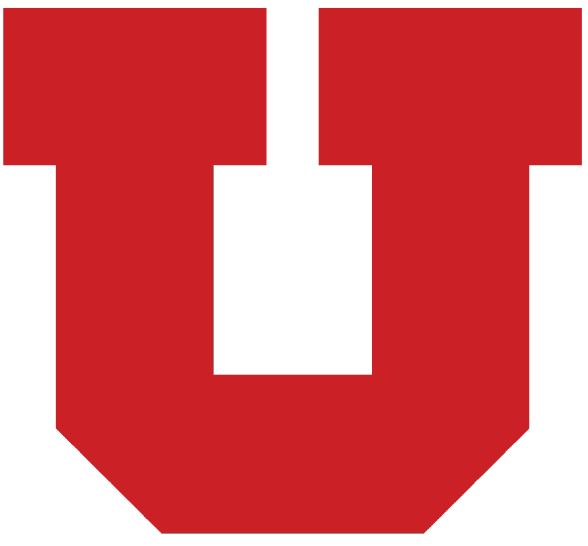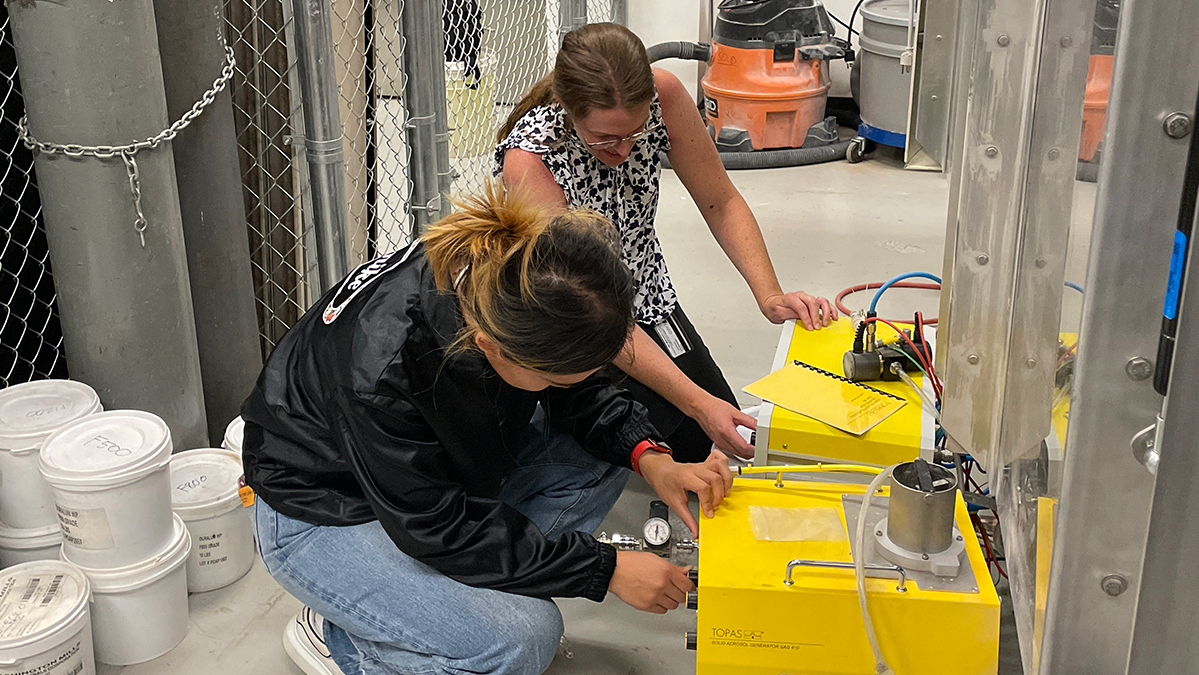Contact Us
Darrah Sleeth, PhD, MPH, CIH
Industrial Hygiene Program Director
Kat McColl
RMCOEH Graduate Academic Advisor
Conducting a site assessment at a laboratory to analyze potential chemical exposures. Meeting with a company’s senior management to outline the hazards their employees face — and how to alleviate them. Investigating a worksite accident in order to prevent it from happening again.
It’s all in a day’s work for industrial hygienists. Equal parts challenging and rewarding, this discipline offers endless opportunities to have positive impacts on workers’ lives.
What is Industrial Hygiene?
Industrial hygiene is the art and science of anticipating, recognizing, evaluating and controlling occupational and environmental health and safety concerns with the aim of protecting workers and their communities.
Industrial hygienists are trained to address a range of health and safety concerns relating to chemical, biological, and physical hazards. These include indoor air quality, asbestos, welding fumes, chemical exposures, infectious diseases, radiation, noise, thermal stress, and more. Job tasks are varied and include investigating workplaces for existing or potential risks, working with interdisciplinary teams to develop solutions to challenging problems, designing occupational and environmental health and safety programs, and communicating complex concepts to people who lack technical health and safety knowledge, including organizational leaders and decision-makers.
Our Program
Degrees and Requirements
- Master of Occupational Health
- Master of Science in Occupational Health
- PhD in Occupational and Environmental Health

RMCOEH industrial hygiene students pursue master’s and PhD degrees through the University of Utah Division of Occupational and Environmental Health, and our program is known throughout the occupational and environmental health industry for our well-prepared graduates who rise quickly. In a 2022 survey of 116 graduates of our Industrial Hygiene program, more than 42% indicated they are either managers or directors.
There are several components that make our program stand out. The MSOH-IH program is accredited through the Applied and Natural Science Accreditation Commission of ABET (learn more about program educational objectives, student outcomes, and student enrollment). Our faculty are experts in the field and passionate about teaching and mentoring, with an eye toward pushing each student to achieve his or her potential. Our facilities and labs provide a fertile environment for learning. And the interdisciplinary nature of our training provides students with expertise in industrial hygiene as well as a foundational knowledge in other occupational and environmental safety and health disciplines, equipping them to tackle the multifaceted challenges they’ll encounter in the workplace.
“Just having the degree positioned me for opportunities that otherwise would not be available,” one graduate said in our survey. “I regularly think back to lessons, anecdotes, and even general counsel I received from the RMCOEH faculty as I make daily work and career decisions.”
Career Outlook
A student trained in industrial hygiene will find the latitude to pursue a career path that aligns with their interests. Given the importance and breadth of their work, industrial hygienists are in demand in dozens of industries, ranging from manufacturing to government to academia, with varied opportunities in each. One student may, for instance, envision a career designing systems for hazardous waste management at construction sites, while another may aspire to conduct research into the long-term effects of radiation exposure on commercial airline pilots.
The career also affords financial stability: According to a 2019 study from the American Industrial Hygiene Association, certified industrial hygienists in the U.S. had an average base salary of $123,305, with respondents holding a doctorate degree reporting the highest salaries, followed by those with a master’s degree.
Other Resources
- Undergraduate training: While RMCOEH only directly supports graduate-level training in industrial hygiene, students can pursue an undergraduate degree in the discipline through Utah State University. Some students opt to begin their careers after completing a bachelor’s at USU, but many choose to further their education in our graduate programs.
- More information about industrial hygiene: The American Industrial Hygiene Association provides significant online resources for industrial hygienists and people considering entering the field, including an IH Professional Pathway publication that provides career guidance to current and aspiring industrial hygienists.





 © 2026 Rocky Mountain Center for Occupational and Environmental Health
© 2026 Rocky Mountain Center for Occupational and Environmental Health